How Hollywood Shapes Culture and Threatens Our Values
The Dangerous Power of Disney, Netflix, and Woke Storytelling
“Mother is packing my new secondhand clothes. She prays now, she says, that I may learn in my own life and away from home and friends what the heart is and what it feels. Amen. So be it. Welcome, O life! I go to encounter for the millionth time the reality of experience and to forge in the smithy of my soul the uncreated conscious of my race.”
- James Joyce, Portrait of the Artist as a Young Man
What shapes the values and beliefs of a society more—its politics or its stories?
Who holds more power: the lawmakers or the artists, writers and storytellers who inspire the hearts and minds of the new generations?
Throughout history, art and storytelling have been the forge in which the soul of a nation is shaped.
James Joyce understood this when he wrote, “I go to forge in the smithy of my soul the uncreated conscience of my race.” Artists and writers have always wielded immense cultural power, influencing how people view themselves, their communities, and their morality.
But what happens when this power is misused?
Today, corporations like Disney, Netflix, and others have taken on the role of cultural smiths, but instead of inspiring greatness or uplifting society, they’ve chosen to advance divisive ideologies that undermine traditional values.
These companies are not just creating entertainment—they’re reshaping America’s conscience, and the consequences are dangerous.
James Joyce Understood the Power of the Writer
When I was in my late 30s, I discovered the works of James Joyce, and it changed the way I thought about literature and the power of language. I started with A Portrait of the Artist as a Young Man, and from the very first pages, I was captivated by the sheer beauty of his prose—his ability to weave words into art.
Joyce didn’t just tell a story; he painted it, layered it, and challenged me to see beyond the surface. The themes of identity, faith, rebellion, and artistic purpose resonated with me deeply, and I found myself lingering over passages, rereading them like poetry, savoring every word.
I soon moved on to Dubliners, where Joyce’s gift for capturing the subtleties of ordinary life struck me. Each story felt like a window into the human soul, raw and unfiltered yet somehow profoundly elegant.
And then there was Ulysses, his towering masterpiece—a book that both challenged and rewarded me in equal measure.
It was unlike anything I had ever read, forcing me to think differently about storytelling, structure, and the very boundaries of what a novel could be. I spent months reading it, but by the time I finished, I was completely infatuated with Joyce’s vision, his ability to dive deep into the human experience, and his unrelenting quest to “forge in the smithy of [his] soul the uncreated conscience of [his] race.”
Joyce didn’t just write; he inspired, and his work left a mark on me that continues to influence how I think about art, culture, and the role of the artist in shaping the world.
After my long sojourn through the mind and pages of Joyce, I was deeply, profoundly and forever changed.
Dissecting Joyce’s Astounding Revelation
In Portrait of the Artist as a Young Man Joyce’s declaration, “I go to forge in the smithy of my soul the uncreated conscience of my race,” is one of the most profound statements ever made about the role of an artist.
In this single line, Joyce captures the immense responsibility and power that writers, artists, and storytellers hold in shaping the cultural and moral vision of a society. The “smithy” represents the artist’s creative process, a place of labor, intensity, and transformation.
By forging the “uncreated conscience,” Joyce acknowledges that art isn’t merely a reflection of the world—it actively creates new ways of thinking, new values, and new perspectives that define a culture.
This idea is profound because it reveals how much influence artists have over the collective soul of a people. While politicians may write laws and leaders may guide policy, it is the artist who shapes the heart and imagination of a society.
Through stories, music, and imagery, the artist creates meaning, instills values, and defines what a culture believes is right, beautiful, and worth fighting for. Joyce’s statement is a reminder that artists are not passive observers; they are active builders of cultural identity, capable of inspiring greatness—or leading people astray.
For this reason, Joyce’s insight carries a sense of both hope and caution. The power of storytelling can elevate a society when used for good, but it can also distort truth and morality when used irresponsibly.
As modern storytellers wield unprecedented reach through global media platforms, Joyce’s words remind us that their creative output is not trivial entertainment—it is the forge where our culture’s conscience is being shaped every day.
The question is, whose vision is being forged, and is it one that reflects the values we want to pass down to future generations?
The Disney of Yesterday
James Joyce’s observation about artists shaping the conscience of a society is profoundly relevant today, especially when we look at Disney’s evolution. Once, Disney was a cultural beacon, telling stories that celebrated timeless values like family, honor, and the triumph of good over evil.
Classic stories like Snow White, Cinderella, and The Lion King captured timeless truths about love, honor, and responsibility.
This Disney inspired audiences to believe in a better future, to dream big, and to cherish the values that made America strong.
The Disney of Today
But the Disney of today is barely recognizable. Instead of uplifting and uniting, it often sows division and undermines the values it once championed.
In recent years, Disney has embraced what many describe as “woke” ideology, injecting its content with political agendas and controversial themes that clash with traditional family values.
From its reimagining of classic stories with forced messaging to its promotion of ideologies that challenge the foundations of faith, gender, and identity, Disney now seems more focused on shaping a new cultural conscience—one that rejects the principles of its origins.
It’s as if the creative forge at Disney has been commandeered, no longer crafting stories to inspire, but to indoctrinate.
This shift is not just disappointing—it’s dangerous. As Joyce understood, storytellers shape the conscience of a society. Today’s Disney, alongside other entertainment giants, is wielding this immense cultural power not to uplift but to erode the values that hold America together.
By targeting families and children with these narratives, Disney has become a dark cloud on the cultural horizon, threatening to distort the American soul it once helped to shape.
The contrast between the Disney of yesterday and the Disney of today illustrates the high stakes in the cultural battle for our nation’s future. It is a battle for the soul of our society, for the soul of your children, and it’s one we can’t afford to lose.
The Terrible Damage of Unfaithful Storytelling
Rumi once wrote, “If you are here unfaithfully with us, you are causing terrible damage.” This timeless observation applies with haunting clarity to the modern Disney corporation.
Disney once stood as a faithful storyteller, dedicated to inspiring hope, unity, and timeless moral lessons.
But today, it seems to have abandoned that fidelity, embracing divisive ideologies and agendas that betray its audience. By being “unfaithful” to the values that made it a beloved institution, Disney is not just disappointing its viewers—it is causing terrible cultural damage.
The damage lies in the trust it has broken with families who once looked to Disney for wholesome, uplifting content. It now uses its immense influence to reshape the values of society, often targeting children with narratives that challenge traditional beliefs about family, morality, and identity.
When a storyteller as powerful as Disney betrays its foundational principles, it doesn’t just harm itself; it destabilizes the cultural conscience it helped create.
Rumi’s words remind us that unfaithful actions have far-reaching consequences—and in Disney’s case, those consequences threaten the very fabric of American values.
Netflix and the Rest: Equally Guilty
Netflix, along with other platforms like Amazon Prime and Hulu, as well as the major networks like ABC, CBS and NBC, is just as complicit in pushing harmful narratives.
These companies have flooded their content with divisive messaging, often promoting ideologies that challenge traditional beliefs and values.
From controversial documentaries to overly politicized series, they aim to reshape societal norms while targeting impressionable audiences.
Large woke companies like Jaguar and Bud Light use advertising to push divisive agendas, embedding political messaging into their branding. Instead of simply promoting products, they aim to reshape cultural norms and consumer behavior.
This shift prioritizes activism over customers’ values, alienating audiences and eroding the shared principles that once united society.
Like Disney, these corporations wield immense cultural power, and their unfaithfulness to wholesome storytelling is causing widespread damage.
Parents must remain cautious and vigilant, as these platforms are no longer safe spaces for family entertainment—they are battlegrounds for the hearts and minds of the next generation.
Even Gaming is Under Attack
The gaming world is under siege by political correctness and "woke" agendas, diluting the fun and creativity that make games great.
According to recent article in the New York Post, major franchises are shoehorning diversity, equity, and inclusion (DEI) themes, often at the expense of storytelling and gameplay.
This forced inclusivity is not only unnecessary but also alienates the core gaming community. Gamers seek immersive experiences and engaging narratives, not lectures on social issues.
It's time to reclaim gaming as a space for entertainment and creativity, free from political agendas. Let's make video games great again by focusing on what truly matters: fun, innovation, and player engagement.
These gaming platforms are no longer safe spaces for family entertainment—they are battlegrounds for the hearts and minds of the next generation.
Safeguarding the Minds and Hearts of Your Children
In closing, as a parent or guardian, you must recognize the dangerous influence that unfaithful storytellers like Disney, Netflix, and other entertainment and advertising giants wield.
These corporations are no longer neutral creators of entertainment; they are cultural architects reshaping the moral landscape of society, often in ways that conflict with traditional, American family values.
If you allow your children to consume this content unchecked, you risk letting these ideologies take root in their hearts and minds, shaping how they view the world and themselves.
This is a critical moment for you to remain vigilant. Monitor closely what your children are watching, engage in discussions about the messages they encounter, and seek out content that aligns with the values you hold dear.
Storytelling is a powerful tool, capable of immense good or terrible harm. By staying informed and intentional, you can protect your children from the dangerous narratives being pushed by unfaithful storytellers and instead guide them toward stories that inspire truth, courage, and integrity.
The future of culture and our country depends on the vigilance of parents like you.


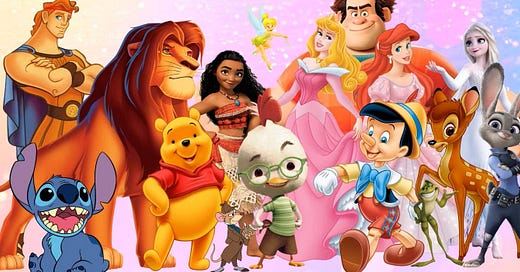



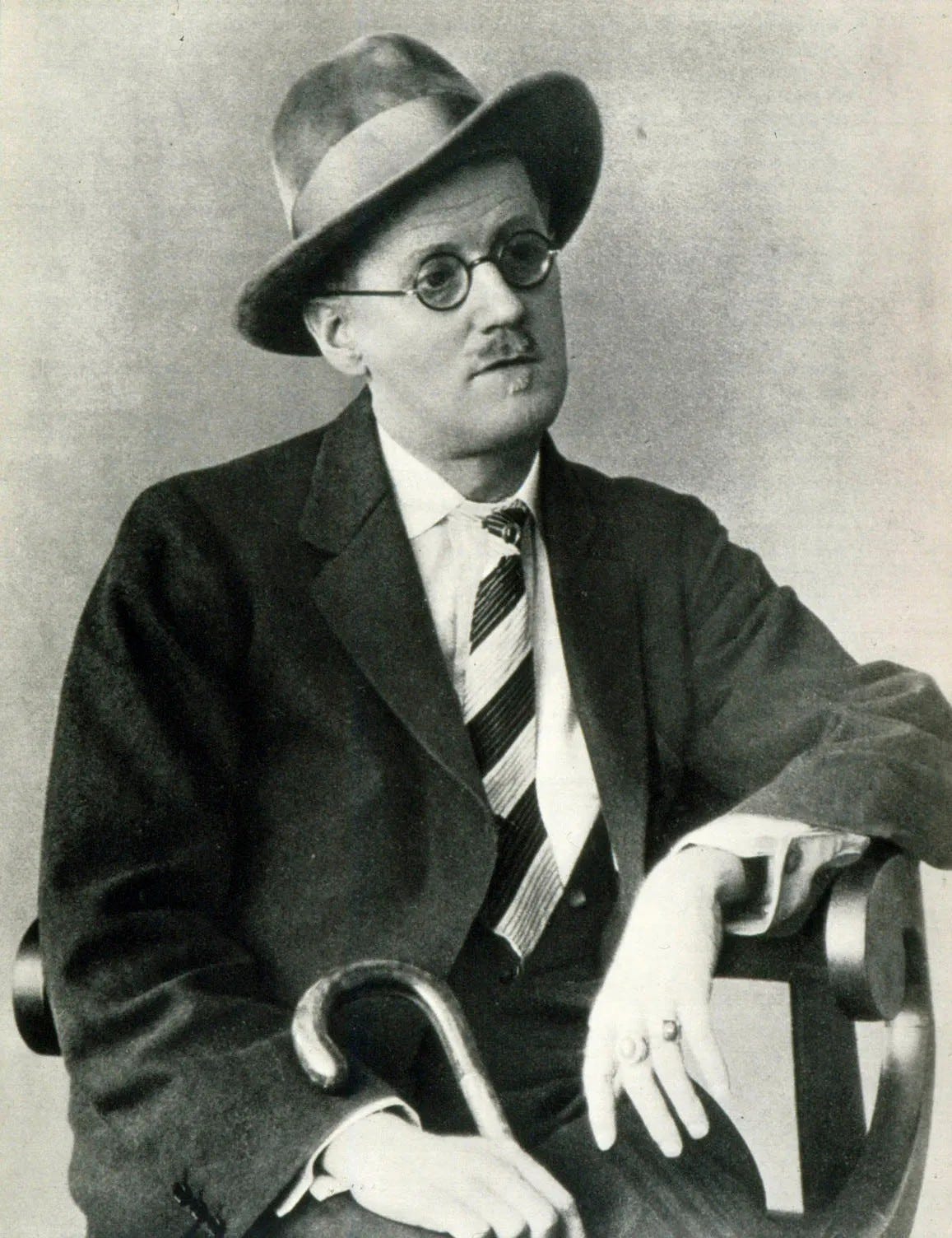
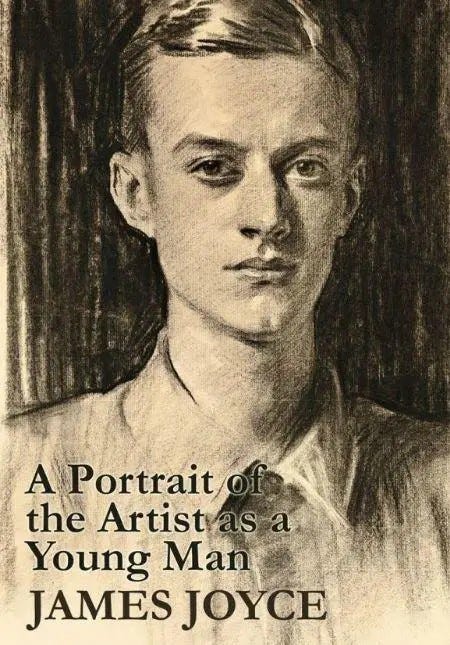
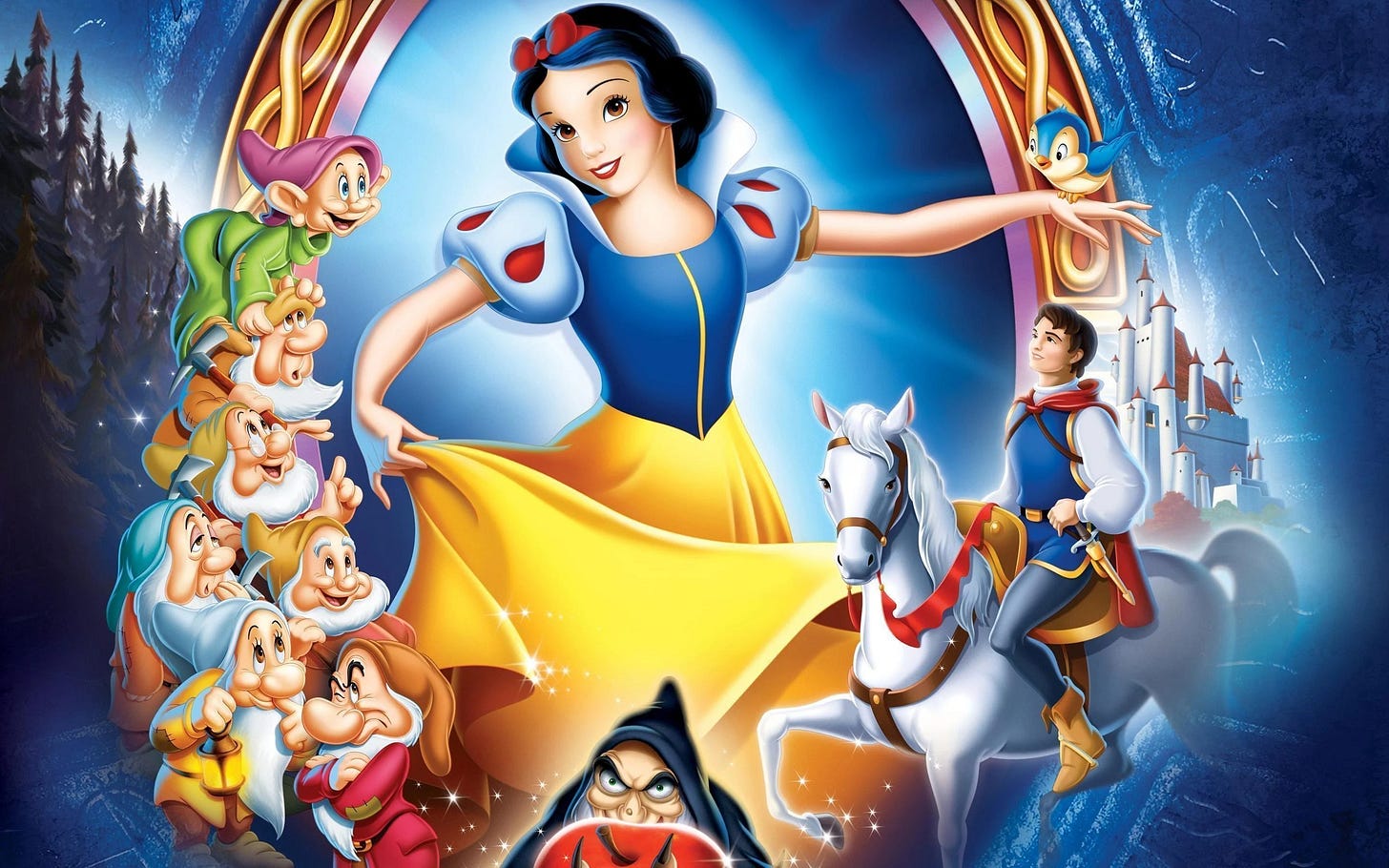
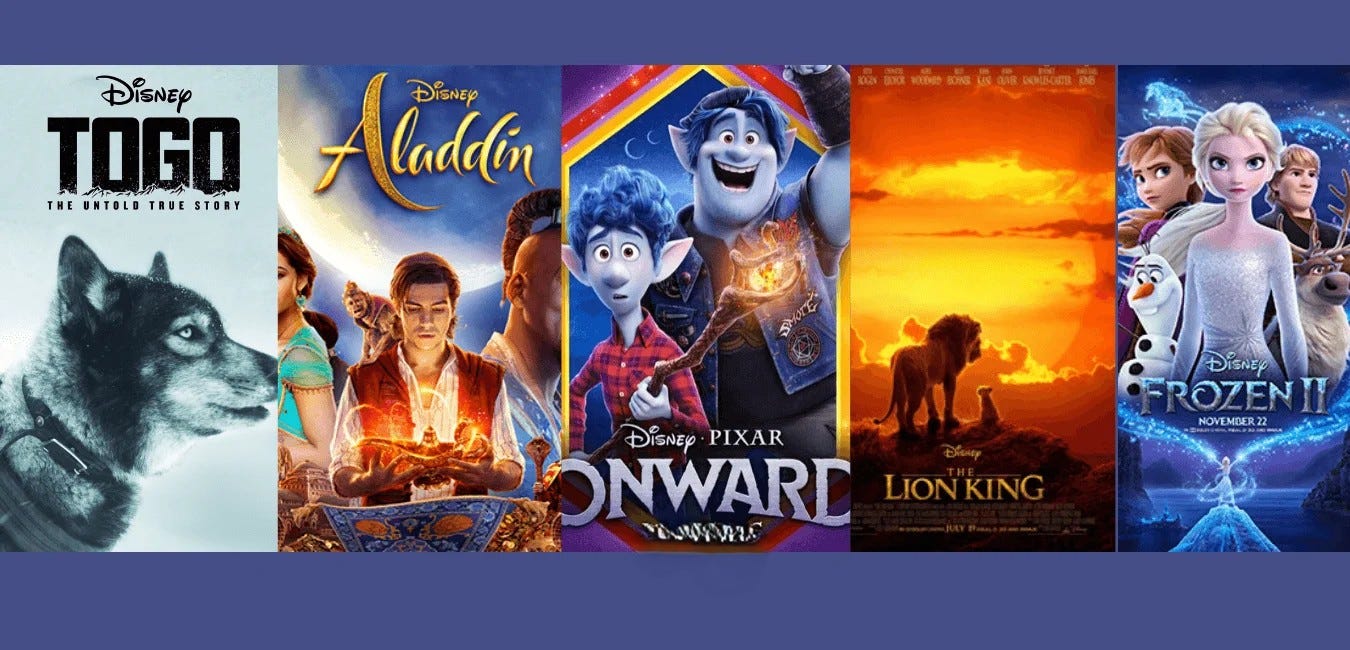
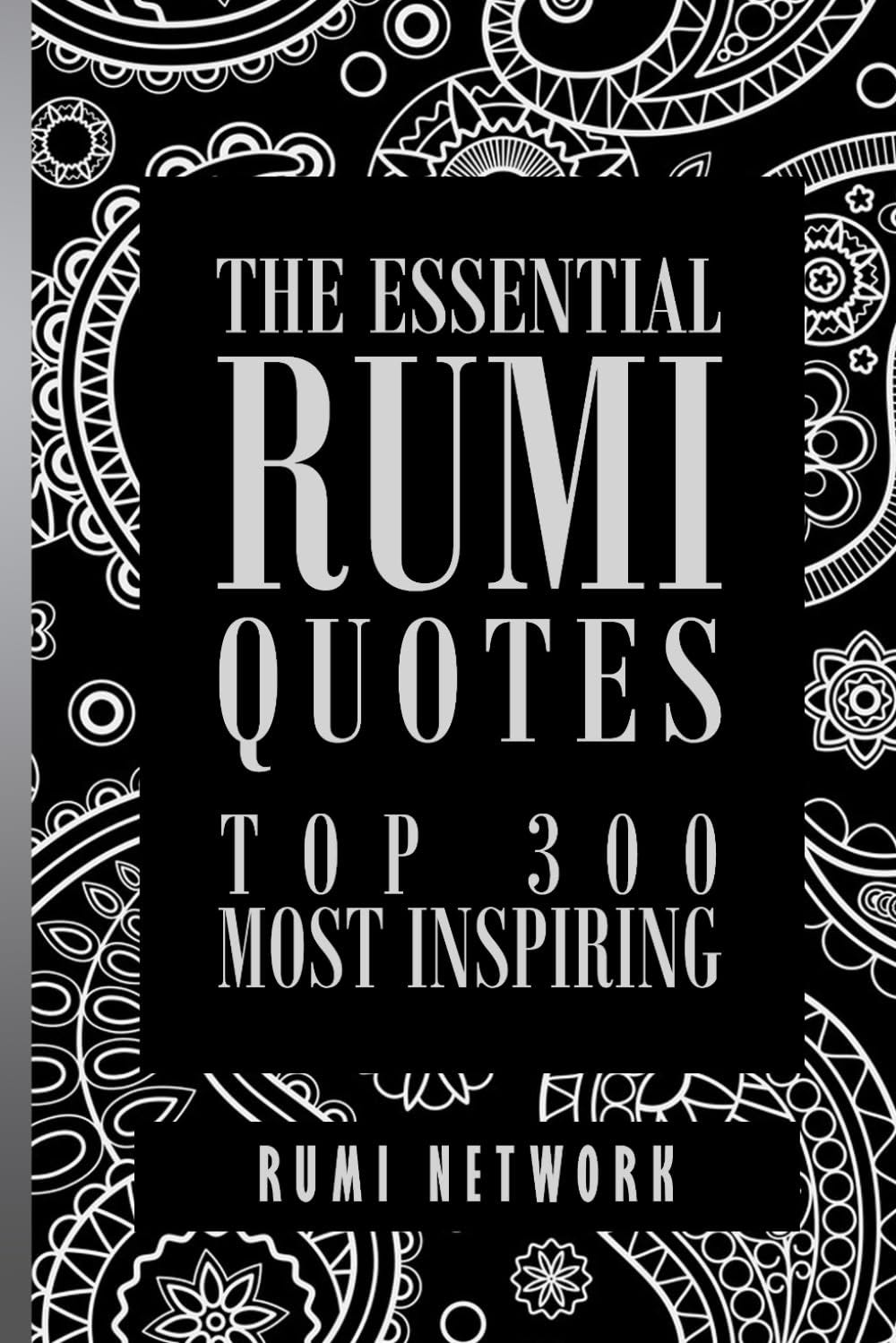
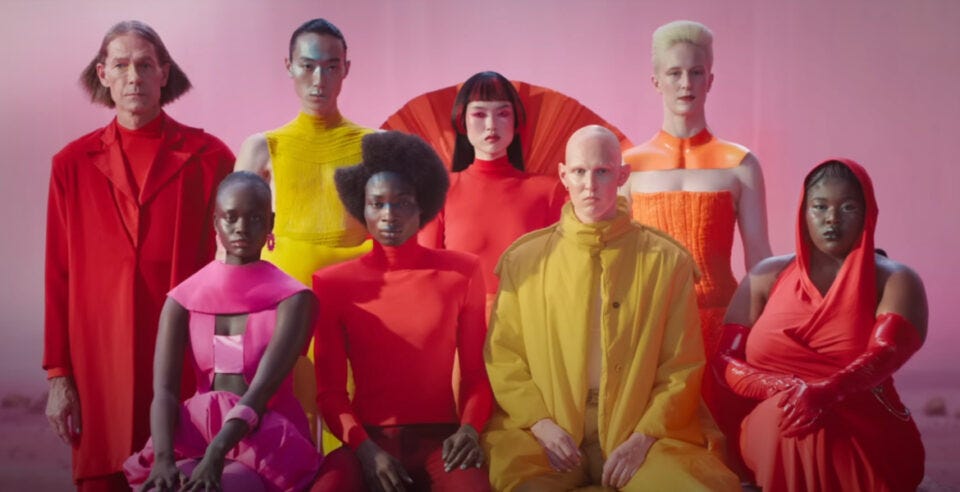
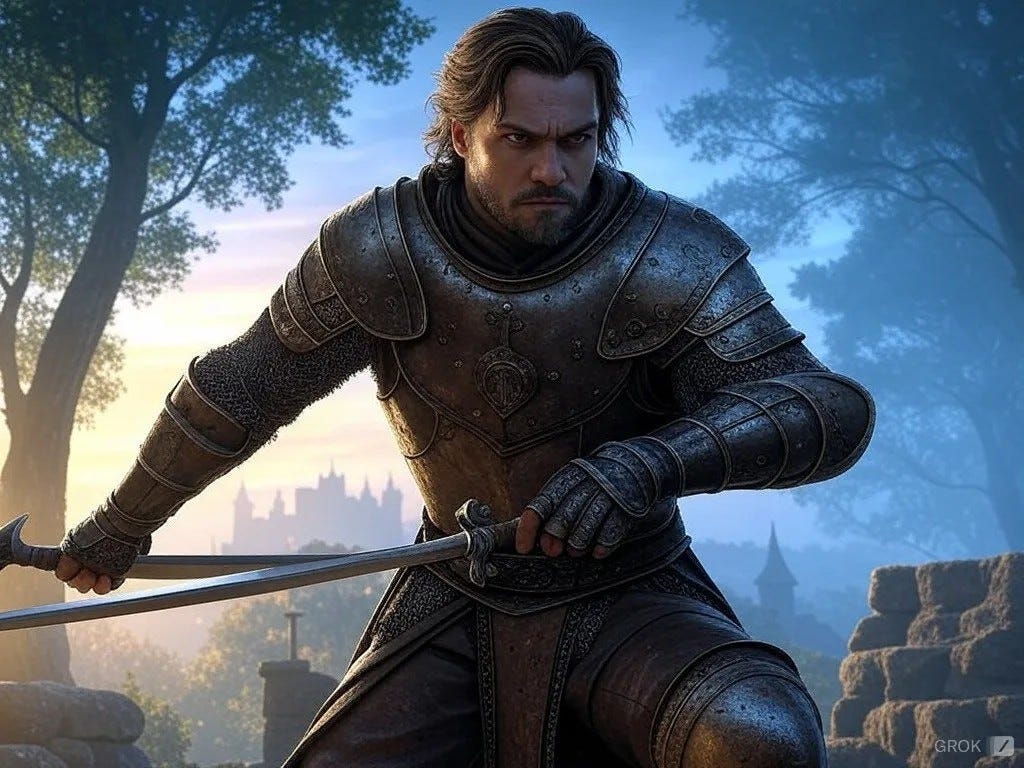
Too many children are being bombarded by Marxist indoctrination in movies and videos plus what they get in schools! We need to put family values back in our culture.
The thing with the woke agenda in regards to entertainment, is that it is alienating the people they're trying to please. Movies and TV shows have suffered in the millions of dollars because the material is focusing too much on the woke agenda instead of making good quality material. What is so funny about this is that they continue down this road knowing the inevitable loss in profits.